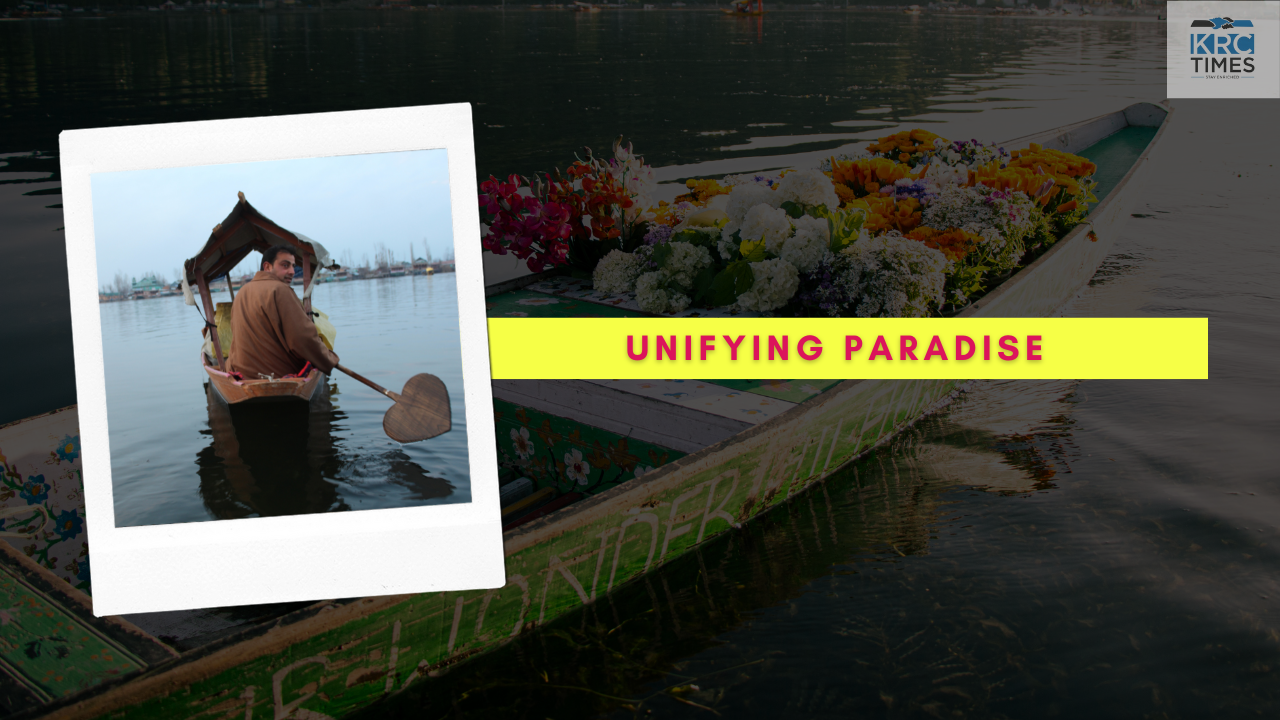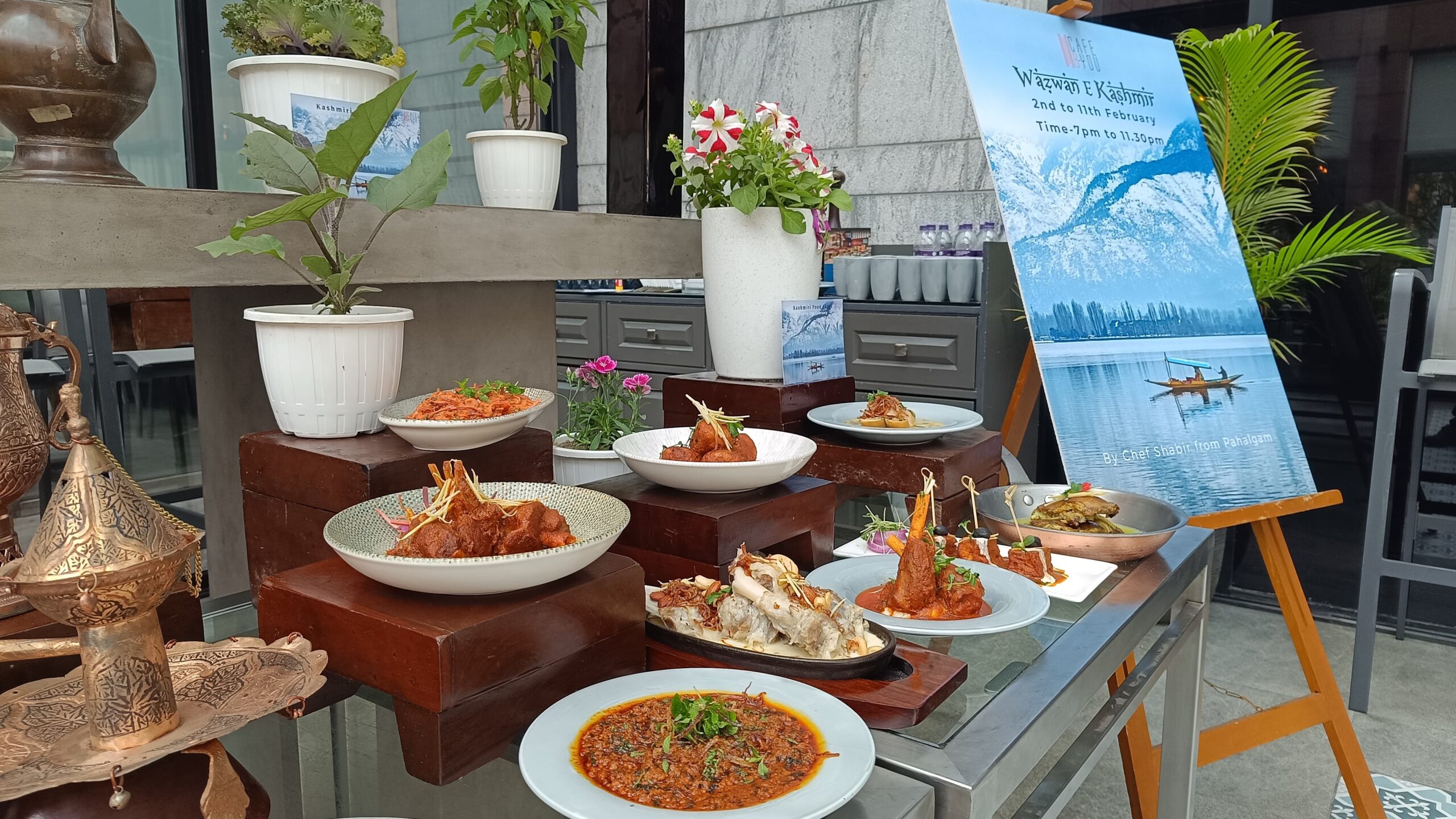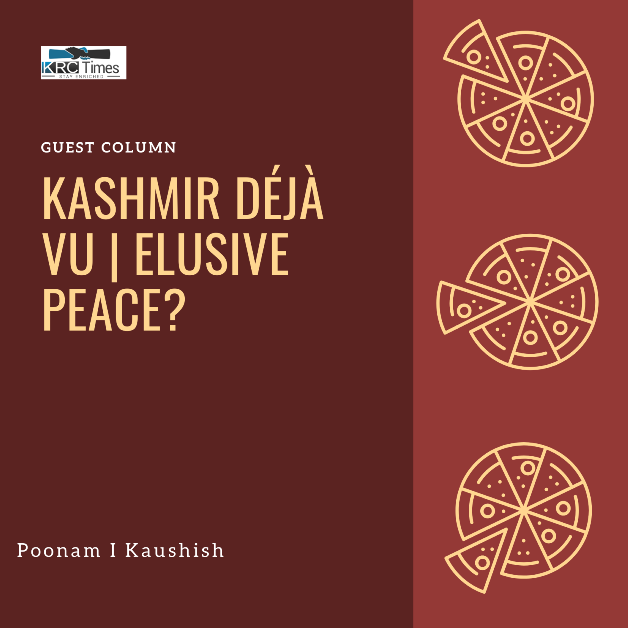As peace and tranquility envelop the sylvan slopes of Kashmir Valley in perfect harmony but civil unrest recoils with its squirming populace across the LoC in Pakistan-Occupied Kashmir (PoK), India’s Home Minister Amit Shah has iterated that the region “belongs to India and we will reclaim it”. Nothing new there, but the comment has reignited discussions on the disputed region
 KRC TIMES Desk
KRC TIMES Desk

As peace and tranquility envelop the sylvan slopes of Kashmir Valley in perfect harmony but civil unrest recoils with its squirming populace across the LoC in Pakistan-Occupied Kashmir (PoK), India’s Home Minister Amit Shah has iterated that the region “belongs to India and we will reclaim it”. Nothing new there, but the comment has reignited discussions on the disputed region and its intricate history, fraught as it is with serious ramifications.
Following Partition, the princely State of Jammu and Kashmir, like other such States, had the option to accede to either India or Pakistan. Maharaja Hari Singh, then ruler of Jammu and Kashmir, initially sought to remain independent but, amid invasion by tribal militias supported by Pakistan, opted to accede to India in October 1947. It led to the first India-Pakistan War, which saw a United Nations-brokered ceasefire and establishment of the LoC, which divided the region into the Indian J&K and PoK. While India gained control over most of the territory, Pakistan retained approximately its one-third, which it named Azad Jammu and Kashmir (AJK) and Gilgit-Baltistan.
Therefore, from an Indian perspective, PoK is an integral part of J&K and its inclusion in India’s territorial claims is based on historical, legal and moral grounds. However, the timing and practicality of the Home Minister’s claim are debatable: Bringing up such critical matters in public sphere, especially during elections and when they involve a neighbouring nuclear power, is not the best of ideas.
For its part, Pakistan considers PoK as a “liberated territory” pending a plebiscite promised by the UN. In this given situation, the status quo maintained for over seven decades keeps the two countries from going to war. The larger question is, do we want to go to war with Pakistan and can we afford it when we have so much to sort out domestically? Should not the Home Minister be more cautious in raking up such contentious issues during elections? It is true that despite Pakistan’s hollow assertions, PoK has witnessed internal dissent and unrest over the years. The region has been marred by allegations of human rights abuses, lack of democratic freedoms and marginalisation of local voices by the Pakistani establishment. Civil society movements, such as the Gilgit-Baltistan Movement, have been advocating for the recognition of their rights and the restoration of genuine autonomy.
If Amit Shah’s recent declaration reaffirming India’s claim over PoK is not a standalone Statement but reflects a broader strategic shift in India’s approach, it must be well articulated and a clear roadmap must be laid to approach the matter diplomatically or otherwise. If that is not the case, then it would pass off as another poll rhetoric or ‘jumla’. Indeed, diplomatic endeavours are most effectively conducted behind closed doors rather than at public rallies.
Promotional | KRC TIMES






